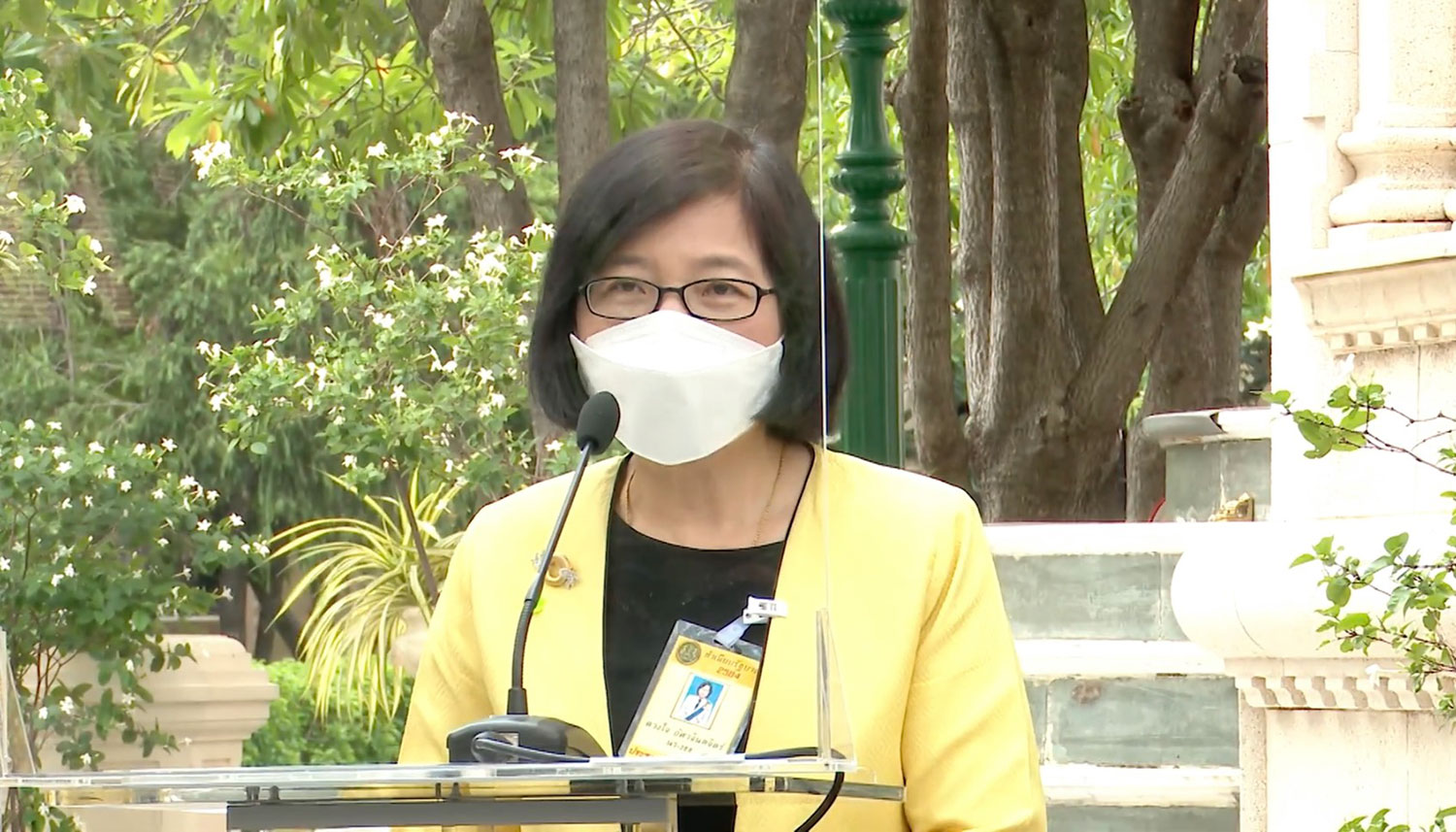The Thailand Board of Investment (BOI) at a meeting on 30 June 2021 approved a series of measures to encourage more investment in research and development (R&D) and engage the industry more actively in human resource development (HRD). Enhanced incentives are also offered to attract investment in the growing semiconductor, digital and packaging industries.
As Thailand aspires to become more innovation-driven, private sector R&D plays a very significant role. To encourage companies to step up their R&D, the BOI has proposed to the Board that projects that invest or spend at least 200 million baht or 1% of their total sales of the first 3 years be entitled to a longer tax breaks (maximum 13 years) with no corporate income tax exemption ceiling. The number of additional years of tax holidays depends on the amount of R&D spending/investment. Moreover, companies that participate in apprenticeship programs or spend on advanced technology training can also enjoy greater tax incentives.

“We see R&D and HRD being the most critical factors in strengthening the country’s competitiveness,” Ms Duangjai Asawachintachit, Secretary General of the BOI, said after the meeting chaired by Prime Minister Gen Prayut Chan-o-cha.
The Covid-19 crisis has further highlighted the importance of high technology and the digital economy, from rising demand for electronics products of all sorts to increased usage of digital services and platforms. Amid the pandemic, the semiconductor industry has experienced demand hikes and companies are looking for more resilience in the global supply chain. Thailand, with electronic products as the country’s top export category, aims to attract more semiconductor manufacturing. Front-end capital and technology-intensive manufacturing such as wafer fabrication will be given 10-year tax holidays while advanced integrated circuits, IC substrate and printed circuit board projects with machinery investment of at least 1.5 billion baht will be offered an 8-year tax break.
The BOI also approved a revamp of its promotion policy for businesses operating on the supply side of the digital economy by focusing on hiring and developing IT workforce as well as upgrading companies to relevant international standards. Companies applying for BOI privileges under the single reorganised category called “Development of Software, Digital Services Platform or Digital Content” will be eligible for an 8-year tax holiday, with the yearly ceiling reflecting additional hiring of Thai IT personnel, training expenses and costs of international standard certifications, such as ISO 29110 and CMMI Level 2 and above.
“On the digital business side, the improved investment promotion aims to encourage the development of a broader pool of qualified Thai IT specialists, and to allow the creation of more competitive local platforms and IT operations,” Ms Duangjai said.
Thailand, which has already made significant investment in its digital ecosystem, including by taking the lead in ASEAN in building 5G infrastructure, has long attracted investment from around the world in the electronics sector, with a promotion policy that covers the entire supply chain. Thailand is currently the world’s 13th largest exporter of electronic products and parts.
To ensure that Thailand’s packaging industry stays on top of the global trends in the sector and to encourage investment in technology and environmental sustainability, as emphasised in the Government’s Bio-Circular-Green (BCG) model, the BOI on 30 June approved enhanced investment incentives for the production of so-called smart packaging and environmentally friendly packaging, including recycled materials.
The BOI also approved a revised scope for the International Business Center (IBC) and Trade and Investment Support Office (TISO) categories with the aim to allow for more flexible operations by foreign multinationals operating regional and international offices in Thailand. The revised scope of both categories will allow companies that do not operate a treasury centre to provide lending to affiliated companies in and outside Thailand under the relevant exchange control regulations.
The board also approved five investment applications, with a combined investment value of 49.9 billion baht, as per the following details:
1. Hin Kong Power Company Limited received approval for a power generation project, with an investment value of 32.5 billion baht. The natural gas-fired plant, located in Ratchaburi Province, will have a production capacity 1,540 megawatts.
2. B.Grimm Power (Angthong) 2 Limited received approval for a power generation, and steam production project, with an investment value of 5.3 billion baht. The project, located at World Food Valley Thailand Industrial Estate in Angthong Province, will have a capacity of 145 megawatts of electricity, and 30 tons / hour of steam.
3. B.Grimm Power (Angthong) 3 Limited received approval for a power generation and steam production project and natural gas pipeline project, with an investment value of 5.2 billion baht. The project, located at World Food Valley Thailand Industrial Estate in Angthong Province, will have a capacity of 145 megawatts of electricity, and 30 tons / hour of steam, while the natural gas pipeline will have a capacity of 13,914 million standard cubic feet / year.
4. Top SPP Company Limited received approval for a power generation and steam production project, with an investment value of 4.35 billion baht. Located in Chonburi Province, the project will have a capacity of 120 megawatts of electricity and 294.2 tons / hour of steam.
5. Toyobo Indorama Advanced Fibers Company Limited received approval for a high tenacity synthetic filament yarn project, with an investment value of 2.6 billion baht. The project, located at Map Ta Phut Industrial Estate in Rayong Province, will have an annual production capacity of 9,300 tons. This special type of fabric is commonly used as a raw material for airbags.
For more information, please contact:
Thailand Board of Investment
Tel. +66 (0) 2553 8111
Website: www.boi.go.th









